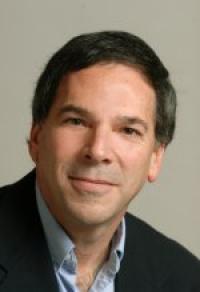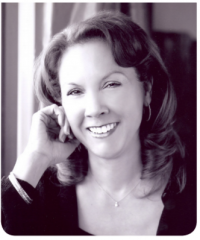
For the first 25 years of my career, I performed basic research in the areas of nuclear astrophysics, weak interactions, and neutrino science. Following September 11, 2001, I decided to get involved with applications of nuclear physics related to national security and nuclear non-proliferation. I spent a sabbatical at LLNL where I met Stan Prussin and worked with him to develop a method to scan cargo containers for SNM. I then moved to LLNL for a while and finally to UCB. Since then I have had the good fortune to work with a group of exceptional undergraduate and graduate students, post-docs, and national lab collaborators on a wide range of topics from cross section measurements related to advanced reactor designs, studies of beta-delayed gammas and neutrons from fission products for nuclear forensics and reactor control, and remote monitoring of reactors using anti-neutrinos. The UCB NE department not only allows such diverse research, but fosters and encourages it. This is one of the things that makes us unique.
Rick received his A. B. degree in physics from Cornell Univ. in 1972, and a Ph. D. in physics from the University of Chicago in 1978. He worked for 20 years in the Nuclear Science Division at LBNL, 4 years in the Physics Division at LLNL, and 6 years in the Nuclear Engineering Dept. at UCB before retiring in 2014. He has published more than 180 refereed journal articles and holds 5 patents. He is also the co-discoverer of 4 isotopes. Rick is a fellow of the American Physical Society and of the American Association for the Advancement of Science. He was an Associated Western Universities/ US Dept. of Energy Distinguished Lecturer in 1990, received a DOE Outstanding Mentor Award in 2002, and was a co-recipient of the Breakthrough Prize in physics in 2015. He is still involved with research, supervising graduate students and post-docs, and enjoys babysitting his two grandchildren, travel, golf, and fishing.






